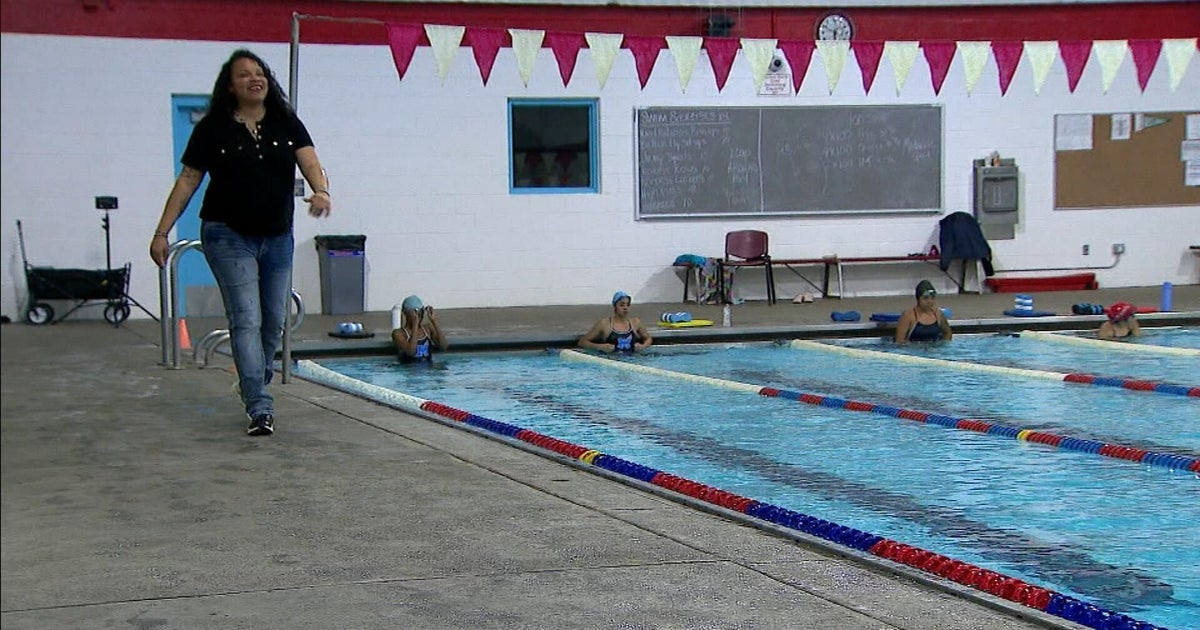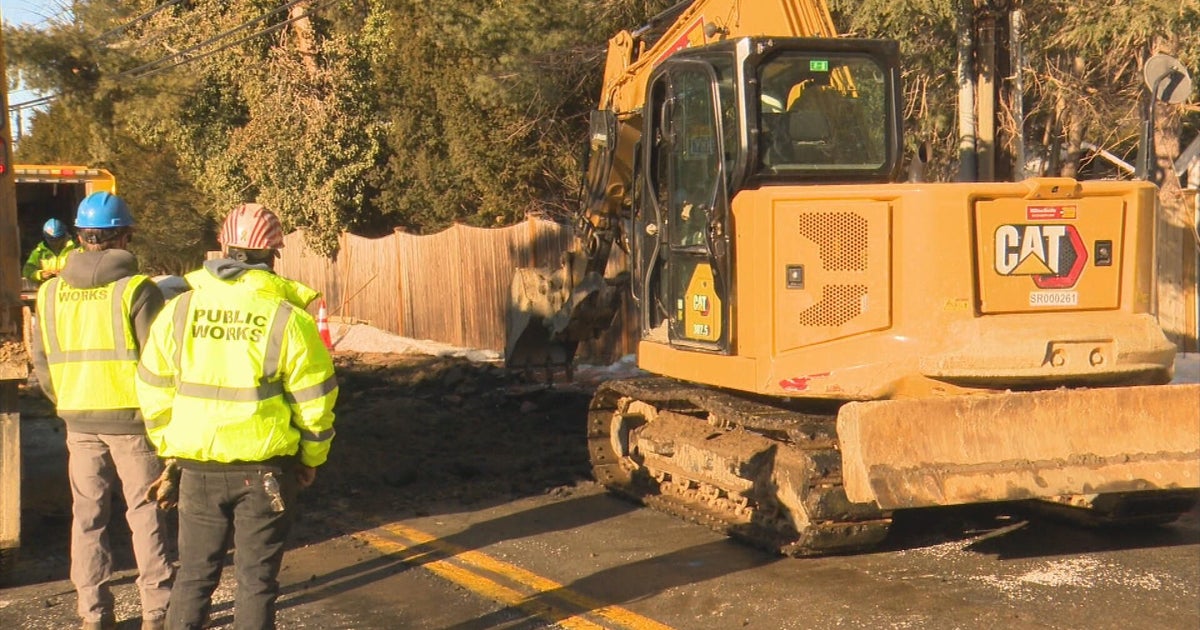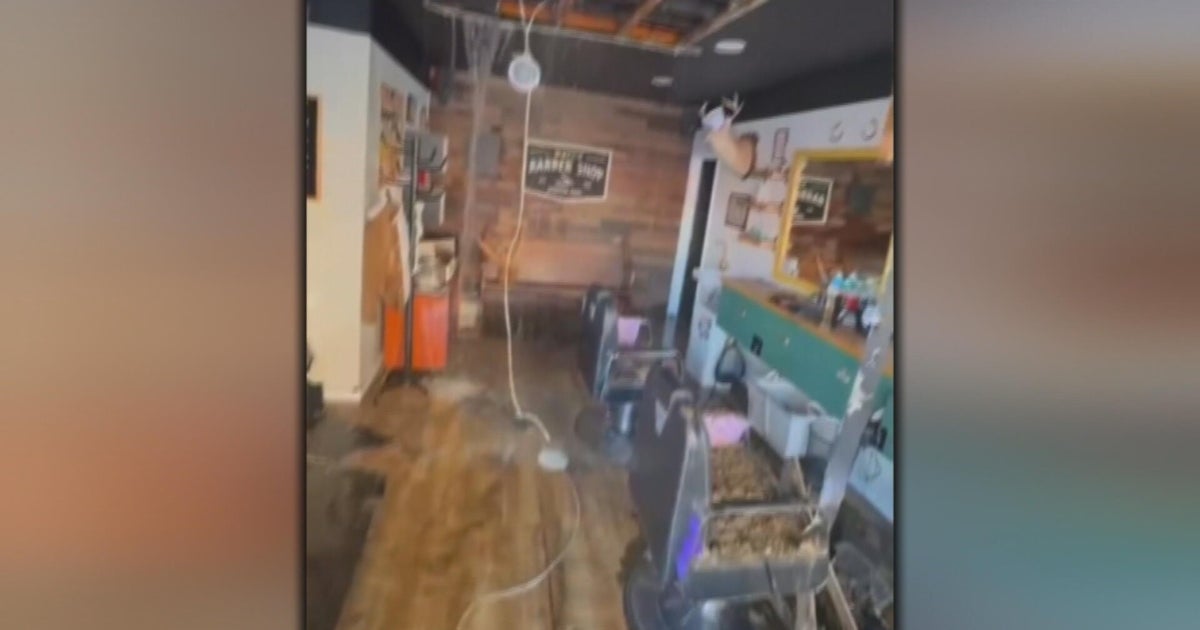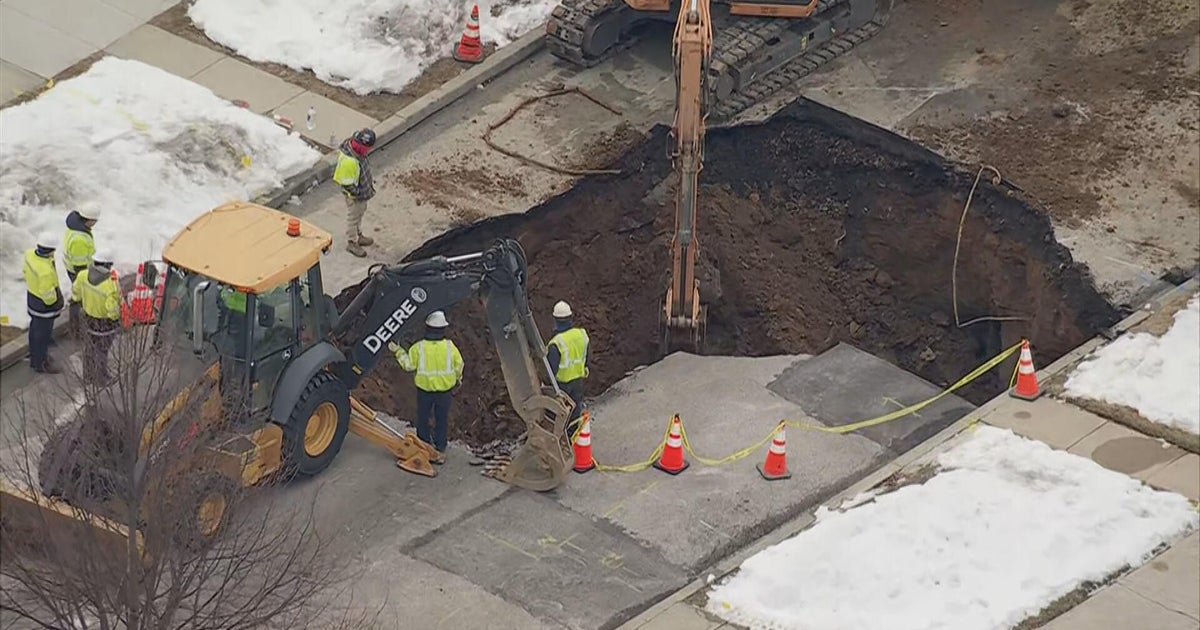Weymouth takes emergency steps to conserve water during drought
WEYMOUTH - As Carol Lacombe swam a few laps in her Weymouth pool Tuesday night, she knew that re-filling it with town water is now forbidden -- and she's totally onboard.
"I agree 100%," says the longtime resident. "We all need to do something. The water supply is important."
Indeed, Weymouth's only reservoir -- along with five wells -- is Great Pond -- where the drought has dropped the water level four feet since late April -- prompting a lengthy list of voluntary water restrictions.
"We make our suggestions," says DPW Director Kenan Connell, "and hope people adhere to them."
Weymouth has a list of the voluntary guidelines on the town's website.
But the directives include things like -- don't water lawns, don't wash cars, shorten showers, don't run water while brushing your teeth, and wash only full loads of laundry.
So, the garden hose at George Ward's house will stay coiled for now.
"We watered a little bit before the restrictions went into effect," he says. "But we haven't touched it since."
The hope is that immediate resident cooperation will stave off the stricter rules now popping up elsewhere.
In Scituate -- for example -- where town officials just implemented a "Tier 4" ban, which means no non-essential outdoor watering of any sort.
With his grass hardly growing, John Buchanan and his daughters took a joyride on his mower.
His town is warning water violators of a $300 fine -- and he intends to play ball.
"Yeah, a hundred percent," says Buchanan. "They've asked town residents to step up and help out -- and I'm going to do my part."
Back in Weymouth, town officials are hoping the voluntary approach will get it done.
"Everybody that turns a faucet," says DPW Director Connell, "can probably turn it down a little bit."
With her sprinkler now put away in the shed, Judy Ward stood in her Weymouth kitchen, filling a small watering can. It's now the only way her tomato plant and herbs on the deck will survive.
And while she's OK with cutting a couple of minutes off her shower time, she wonders if her town's request has enough teeth.
"I hate to see it mandatory," she says. "But for some people it might have to be done."
And with the reservoir dropping at its fastest rate in 20 years, Carol Lacombe has no problem with her pool following suit.
"If I can help in any way by not using water," Lacombe says, "certainly I'll do that."







